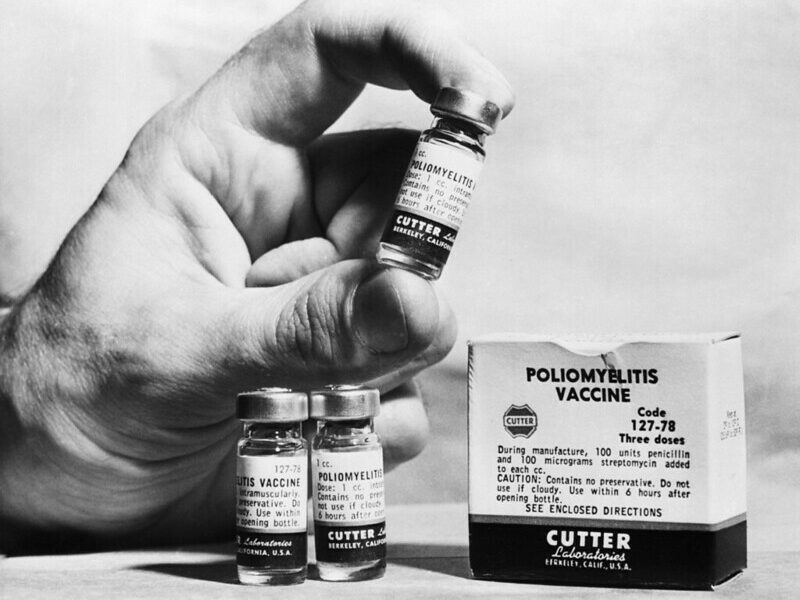In July 2011 The Guardian (UK) explored the Central Intelligence Agency’s fake vaccine campaign, which rolled out in Abbottabad, Pakistan, in an attempt to acquire DNA from Osama Bin Laden’s family. In reaction to this event, three members of the HealthMap team published a piece in Public Library of Science (PLoS) "Speaking of Medicine" blog, examining how a plot such as the CIA’s can negatively impact the trust between public health officials and the rest of society and how local vaccination campaigns are actually of global significance.
David Scales MD, PhD, Sumiko R Mekaru DVM, MVPM and John S Brownstein PhD use two cases to explain why local vaccinations are of global significance: polio in Nigeria and smallpox in Europe. In 2003, the majority of the world’s approximately 1,200 annual polio cases were found in Nigeria. Also in 2003, three northern Nigerian states boycotted a polio vaccination campaign. Believed to have contributed to this stance are unethical clinical trials that had occurred in the area, political instability and impacts of the US “War on Terror”. Regardless of the cause, this boycott led to the spread of polio in 12 other countries.
While on Hajj in Iran in 1970, an Afghan family was infected with smallpox. Iran tried to contain the epidemic alone, keeping information from the World Health Organization. Instead of making the outbreak public by asking for an effective vaccine, Iran chose to use its own vaccine, which is far less effective. The result was the spread of smallpox in Iran, Iraq and Syria. In 1972, a Yugoslavian was infected with smallpox in Iraq and brought the virus back to Europe causing an expensive vaccination campaign, which covered over 18 million people, and used up significant economic resources.
In a well-written and interesting article, Scales, Mekaru and Brownstein argue: “in an interconnected world, poor vaccine coverage anywhere is a weak link everywhere.” Further, though the CIA may have been working to protect Americans, it “may have ultimately expose[d] them to collateral damage in the form of infectious diseases.”
Read the article on the PLoS blog: Speaking of Medicine.
